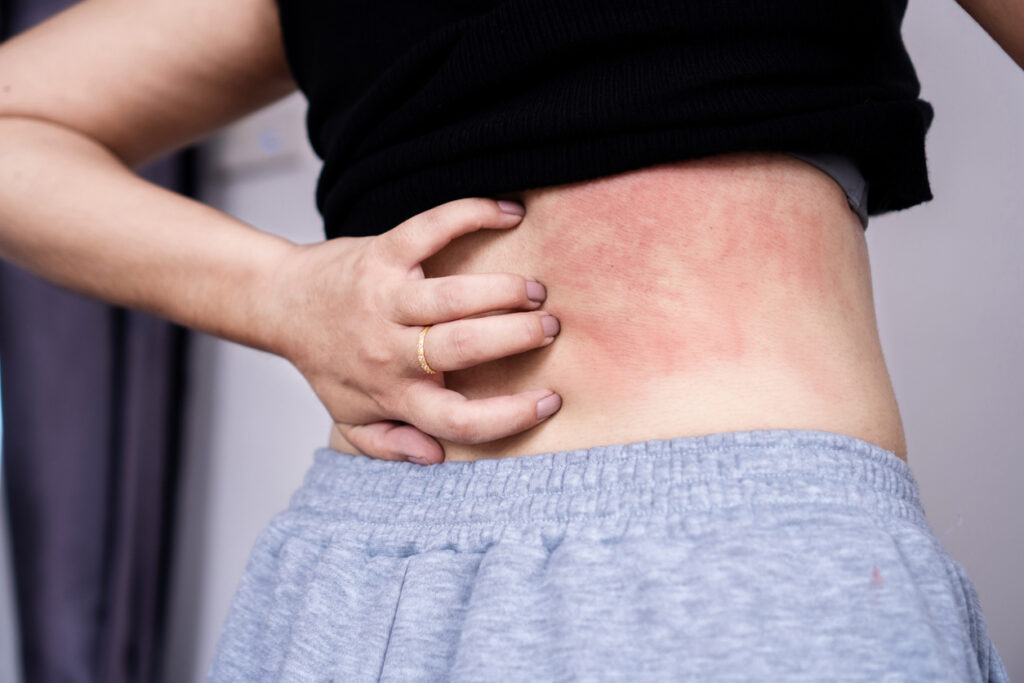Subcutaneous (SQ) administration of ‘1104 performed comparably to intravenous (IV) administration in allergen-driven models of atopic dermatitis (AD), according to new preclinical data.
Revolo’s ‘1104 is a first-in-class peptide that is involved in restoring immune homeostasis, impacting both the regulatory and effector arms of the immune system, effectively reducing key markers of skin inflammation and inflammatory mediators, with excellent local tolerability.
There were comparable reductions in inflammatory biomarkers in serum, reaching levels similar to naïve control individuals and equivalent to those observed in positive control individuals treated with the anti-inflammatory dexamethasone when comparing SQ versus IV administration in a murine allergen-driven model of AD.
This includes key T helper 2 (Th2) cytokines, like interleukin 4 (IL-4), IL-5, and IL-13, to cytokines specific to AD, including CCL17 and CCL22, and IL-31, overall consistent with the mechanism of action for ‘1104.
What’s more, there were comparable reductions in skin pathology indicators observed, including a reduction in skin thickness and a reduction of skin pathology indicators such as erythema and skin erosion when comparing SQ versus IV administration in a murine allergen-driven model of AD.
Key results of single-dose toxicity studies of the SQ formulation in two preclinical models showed that there were no local tolerability adverse effects (redness or swelling) in preclinical models administered the SQ formulation at dose levels substantially higher than planned for clinical evaluation.
Pharmacokinetic profiles from SQ administration in two preclinical models across a range of doses were dose proportional and showed similar exposure profiles when compared to PK profiles generated from IV administration in prior toxicity studies in the same models and at the same dose levels, the studies showed.


